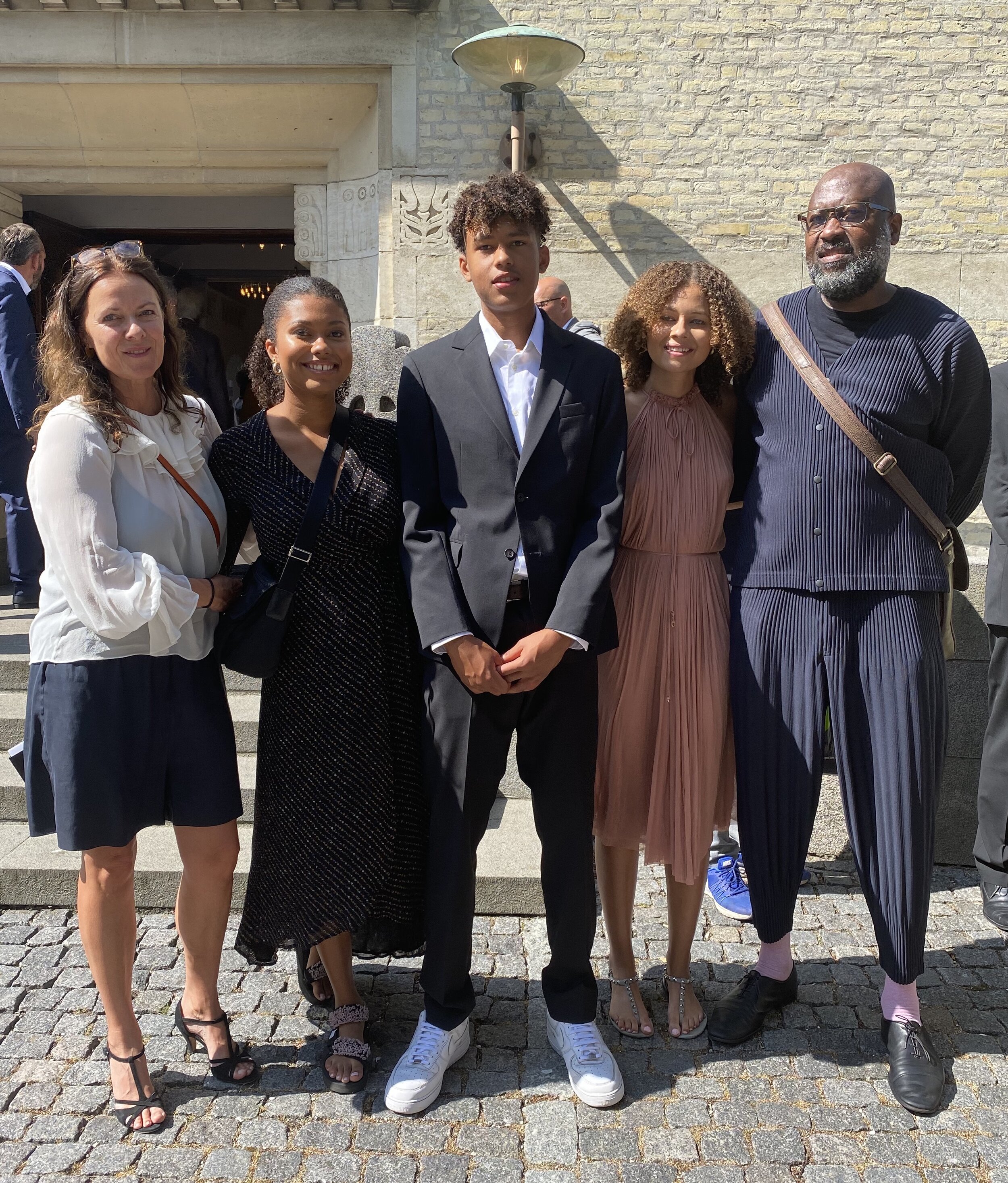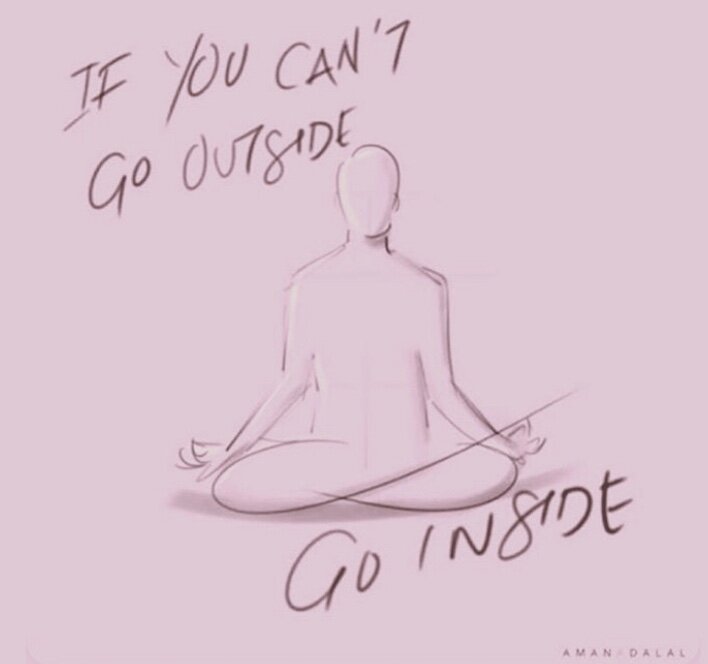Yesterday morning, I was speaking to my elderly parents in London about whether they had changed their eating habits during the pandemic. Jared Diamond in his book, “Guns, Germs, and Steel”, studied why some cultures today are highly advanced and others are still living very primitive. One of the key factors was the difference between how they ate. Today, I reached out to the health expert and nutritional therapist, Thorbjörg Hafsteinsdottir for her opinion. Thorbjörg is the best selling author of “10 Years Younger in 10 Weeks” - As I wanted to know if Thorbjörg agreed with Jared Diamond prognosis?
We know that what we eat has a great impact on our health and how old we get. The “Blue Zones” are areas across the globe where people tend to live the longest and have remarkably low rates of heart disease, cancer, diabetes and obesity. Research has shown that these cultures are different from each other and the diet is not the same, for example, in Okinawa (Japan) their diet consists of fish, plants, sea plants, bitter melon and meat, once or twice a month. In Sardinia (Italy) their diet consists of high protein pasta, olive oil, fish, meat and red wine, and the Hunza’s in north Pakistan eat beans, whole grain bread, some meat and vegetables. Although food choices vary from region to region, what they all have in common are that Blue Zone diets are primarily homemade from scratch, with no added sugar or bad hydrogenated oils and they all steer clear of processed foods. Communal eating with friends and family, high levels of physical activity, low-stress levels and a strong sense of purpose also plays a huge role in their long lives.
Today, it is common knowledge that excessive sugar intake is extremely dangerous! Added sugar in starchy food, bread, cakes, pasta and other high glycemic food, interferes with the blood sugar balance and can make you insulin resistant, leading to obesity and inflammation, which is a part of almost all health problems and known medical diagnoses.
In my opinion, everyone wants to be happy, healthy, wealthy and to have good personal and professional relationships. How would you define who you are and what you do?
Well, I am one of those in your vision group 😊. For the past 30 years or so, I have been teaching, inspiring and motivating people to take action on their health by taking better and healthier choices. I am doing my best to walk the talk.
Currently, we are experiencing the COVID-19 pandemic and we are changing our behaviours and adopting new routines as the global lockdown continues. Everyone is speaking about a vaccine as the solution but I cannot help but think there must be an alternative and as the immune system is the operating system of the body. What role do you think strengthening our immune system could play?
Based on science there is no doubt that having a strong immune system is a good first defence against any germ, bacteria or virus. The elderly and people with pre-existing health conditions (e.g. cardiovascular diseases, diabetes, high blood pressure, chronic respiratory diseases, etc.) are, particularly at risk. There is so much we don't know about the coronavirus and how it behaves in the body. We know it attacks the lungs, and also that it is the immune system that fights this cytokine inflammation storm on the lungs. Due to the genetic range, it is quite normal that some people die from a viral disease while others do not even notice it. The bottom line is that there is no magic pill or a specific food guaranteed to bolster your immune system. I would recommend that you maintain a healthy diet, increase your daily vitamin D intake, improve your sleeping habits, reduce your stress levels and avoid excessive alcohol consumption.




































